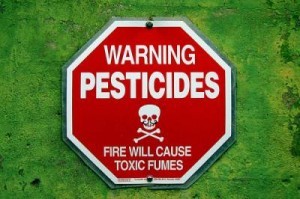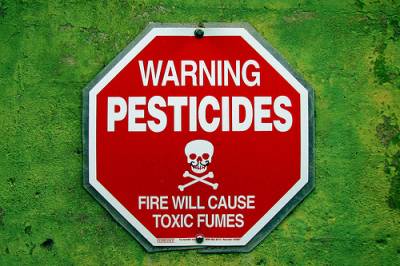
Organic food has become very popular. But navigating the maze of organic food labels, benefits, and claims can be confusing. Is organic food really healthier? Do GMOs and pesticides cause cancer and other diseases? What do all the labels mean? This guide can help you make better choices about which organic foods are healthier for you and better for the environment, and how you can afford to incorporate more organic food into your diet.
There's been an ongoing debate as to whether or not organically-grown foods are healthier than conventional varieties. Some studies have confirmed that organic foods tend to contain higher levels of nutrients like vitamins and minerals, while others found the nutritional difference between them wasn't particularly impressive.
It's important to realize that nutrient content will be largely dictated by the health of the soils in which it is grown. It's unlikely for organic foods grown in depleted soils to see a significant boost in nutrients.
Organic food is typically grown in regenerative agricultural systems that are replete with micronutrients and healthy microbes. As a result, organic produce will tend to be more nutritious than their conventional counterparts.
Organic Diet Results in Lower Pesticide Load
Claimed to be the largest of its kind, a new study published in the Environmental Health Perspectives looked at the diets of nearly 4,500 people living in six US cities, assessing …
The ongoing debate about the effects of GMOs on health and the environment and whether GM food in the U.S. should be labeled is a controversial one. In most cases, GMOs are engineered to make food crops resistant to herbicides (weedkillers) and/or to produce an insecticide. For example, much of the sweet corn consumed in the U.S. is genetically engineered to be resistant to the herbicide Roundup and to produce its own insecticide, Bt Toxin.
As well as corn, GMOs are commonly found in U.S. crops such as soybeans, alfalfa, squash, zucchini, papaya, and canola, and are present in many breakfast cereals and much of the processed food that we eat. Take a look at your favorite canned or packaged food. If the ingredients include corn syrup or soy lecithin, chances are it contains GMOs.
Please Read this Article at Articles.Mercola.com





Leave a Reply